Lifestyle
15 Things the Silent Generation Did That We Could Learn From
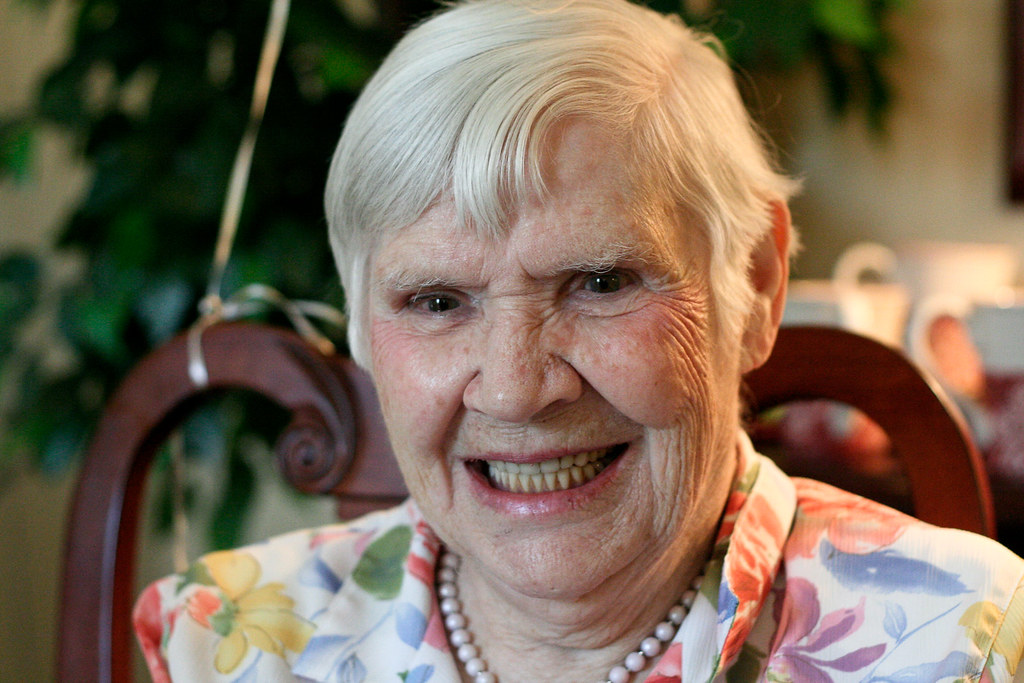
Born between 1928 and 1945, the Silent Generation came of age during wars, rationing, and real economic hardship. They weren’t loud, flashy, or overly opinionated—but their quiet resilience built families, careers, and communities from the ground up. In today’s noisy, fast-moving world, there’s something grounding about the way they lived. Here are 15 things they did that we could all learn from today.
They Fixed Things Instead of Replacing Them

When something broke, their first instinct wasn’t to toss it—it was to grab a tool, needle, or patch kit and figure it out. Whether it was a toaster, a chair, or a relationship, they believed most things could be repaired with care and effort. That mindset taught problem-solving, patience, and gratitude for what you already have rather than chasing what’s new.
They Saved Money Relentlessly

Growing up during the Great Depression and World War II taught them how fragile financial security could be. They saved for the future, bought only what they needed, and avoided debt unless it was absolutely necessary. That level of caution helped them weather tough times and pass down values of financial responsibility, even if today’s world often works against that instinct.
They Valued Privacy
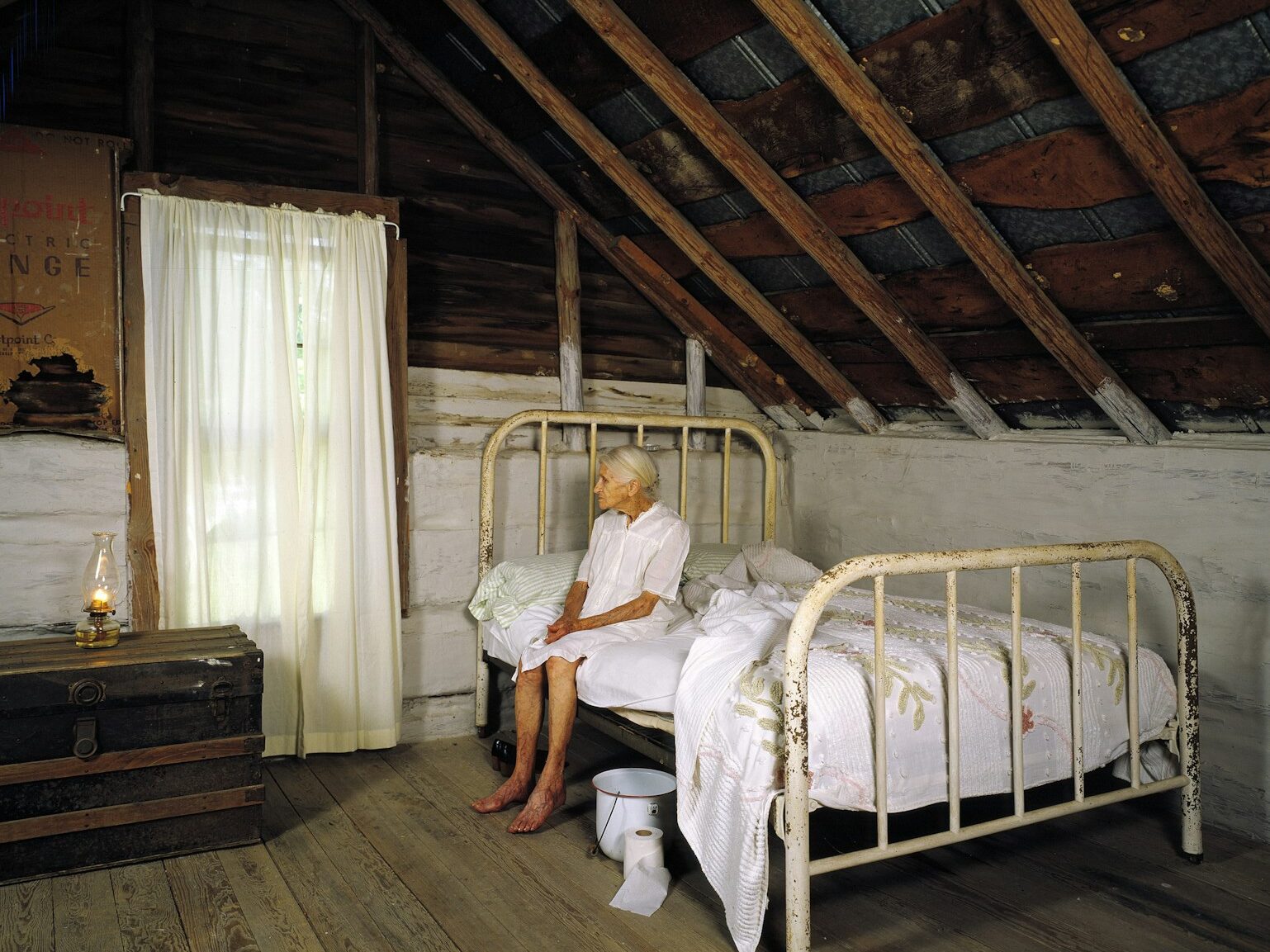
They didn’t overshare, overspeak, or let their emotions spill into every room. Personal matters stayed within the home or behind closed doors. There was a quiet dignity in their restraint that’s increasingly rare in today’s digital culture. Their boundaries taught that it’s possible to live fully without needing to document or announce every detail of your life.
They Showed Up for Their Communities

Neighbors mattered. Churches, town halls, and local events weren’t background noise—they were central to life. If someone needed help, they didn’t wait to be asked. They showed up, often without fanfare, and lent a hand. Their consistent involvement helped build lasting bonds and a sense of belonging that many communities now struggle to recreate.
They Practiced Manners Without Needing to Be Told

Courtesy wasn’t performative—it was simply expected. They said please and thank you, held doors, addressed others respectfully, and sent thank-you notes without prompts. These small gestures created a culture of basic respect. In today’s more casual world, their thoughtful manners feel like an old-fashioned value that still holds real weight.
They Didn’t Air Every Complaint

Not everything was a public grievance. When something bothered them, they often processed it quietly or worked it out directly with the people involved. That didn’t mean they lacked emotion—it meant they valued resilience and tact. Their approach reminds us that not every frustration needs to be voiced immediately or shared with the world.
They Worked Hard Without Needing Constant Praise
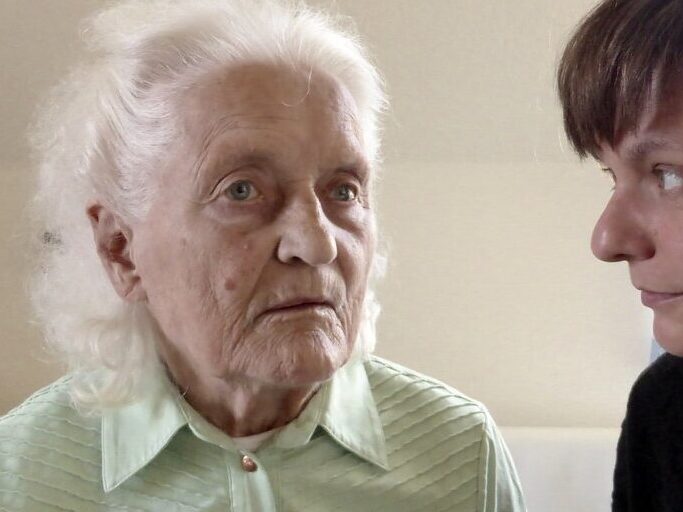
Hard work was expected, not celebrated with trophies or posts. They showed up early, stayed late, and did what had to be done without needing recognition. Their motivation came from pride, purpose, and duty. In a world that often feels driven by likes and external validation, their quiet discipline stands out as something to respect.
They Respected Elders and Institutions Until Proven Otherwise

There was a natural sense of deference toward authority figures and institutions, not because they blindly obeyed but because they believed in structure. Teachers, police, doctors, and judges were treated with initial respect. That attitude fostered order and civility. Even when questioning became necessary, it was done thoughtfully and not out of default cynicism.
They Took Relationships Seriously

Dating wasn’t casual entertainment. Commitment was a goal, not something to fear. When they formed relationships, they worked hard to keep them. Marriage meant something lasting, not just convenient. Even when things were difficult, they tried to repair before they walked away. Their approach offers a counterpoint to today’s more disposable view of romantic connection.
They Wrote Things Down

Whether it was family recipes, handwritten letters, or budget ledgers, they understood the importance of documentation. They didn’t rely on memory or digital devices to hold everything. Writing things down gave their thoughts permanence. Today, many families treasure the journals, notes, and cards left behind, realizing how much history lives in ink and paper.
They Weren’t Afraid of Silence
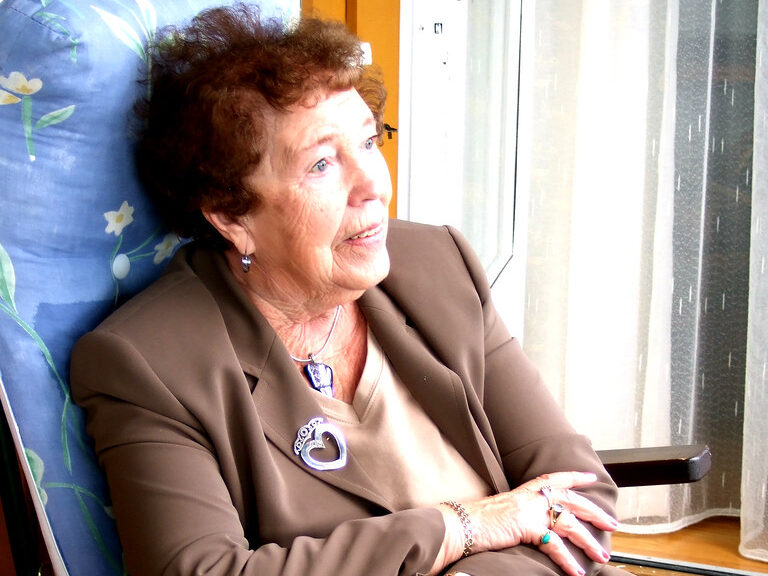
They didn’t need to fill every moment with background noise. The silence was comforting. They could sit with their thoughts or enjoy someone’s company without needing constant chatter. This comfort with quiet created space for reflection, deeper thinking, and an inner calm that can feel hard to find in the modern world.
They Took Pride in Appearance
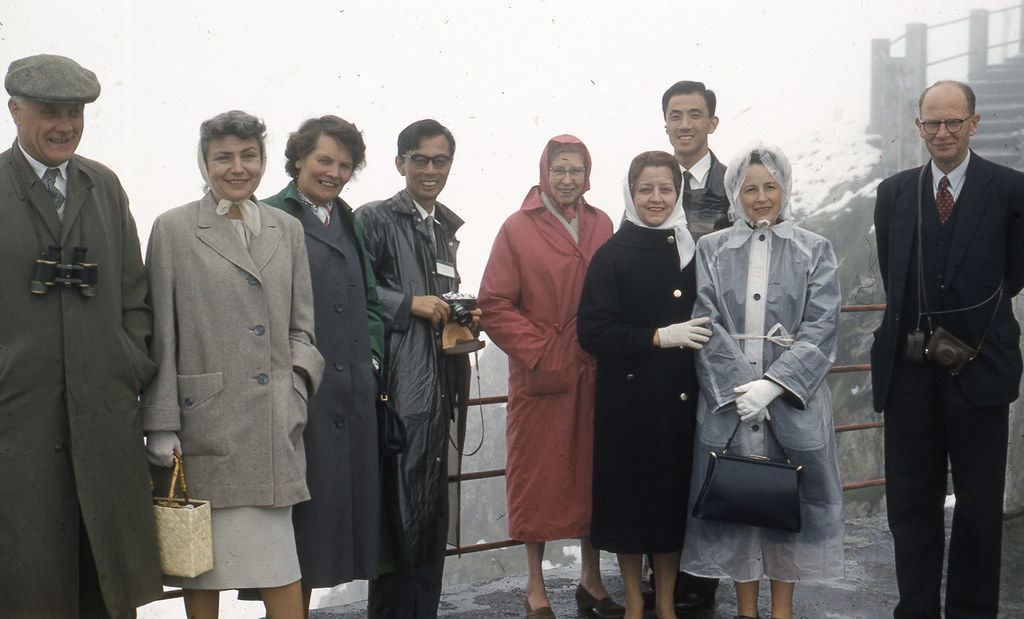
Getting dressed was an act of self-respect. Even for errands, they presented themselves neatly and with care. It wasn’t about vanity—it was about dignity. Clean shoes, combed hair, and pressed clothes signaled that they took themselves and the world around them seriously. This attention to personal presentation showed respect for themselves and others.
They Ate Meals at the Table

Dinner was more than a time to eat—it was a ritual for connection. Phones weren’t ringing, screens weren’t blinking, and distractions were minimal. The table was a place for conversation, shared stories, and checking in. That consistency created strong family bonds and emotional security, something many families today are striving to bring back.
They Made Do With Less and Were Content

They didn’t need closets full of clothes or kitchen counters cluttered with gadgets. They valued quality, not quantity, and were satisfied with what they had. That mindset of contentment made room for gratitude, simplicity, and less stress. In a world that constantly pushes for more, their example reminds us that enough is often enough.
They Let Actions Speak Louder Than Words

They didn’t need to declare their plans, goals, or beliefs loudly. They simply lived them. Their sense of integrity showed through behavior, not branding. They volunteered, worked, helped others, and raised families without needing constant affirmation. In a culture full of statements and slogans, their quiet consistency feels powerfully authentic.

